Live theatre is among the oldest forms of art. Throughout the years, many great stage works have been adapted for the screen, including A Streetcar Named Desire, Who's Afraid of Virginia Woolf, A Raisin in the Sun, and countless others. Because stage plays are driven by dialogue, and film is a more visual medium, it is often difficult to adapt a stage play into a movie.
Still, though, a plethora of stage plays continue to be transferred to the big screen with great success. These include not just the aforementioned classics, but lesser-known and more contemporary works as well. Here are some great examples of successful stage-to-screen adaptations.
10 Ma Rainey's Black Bottom
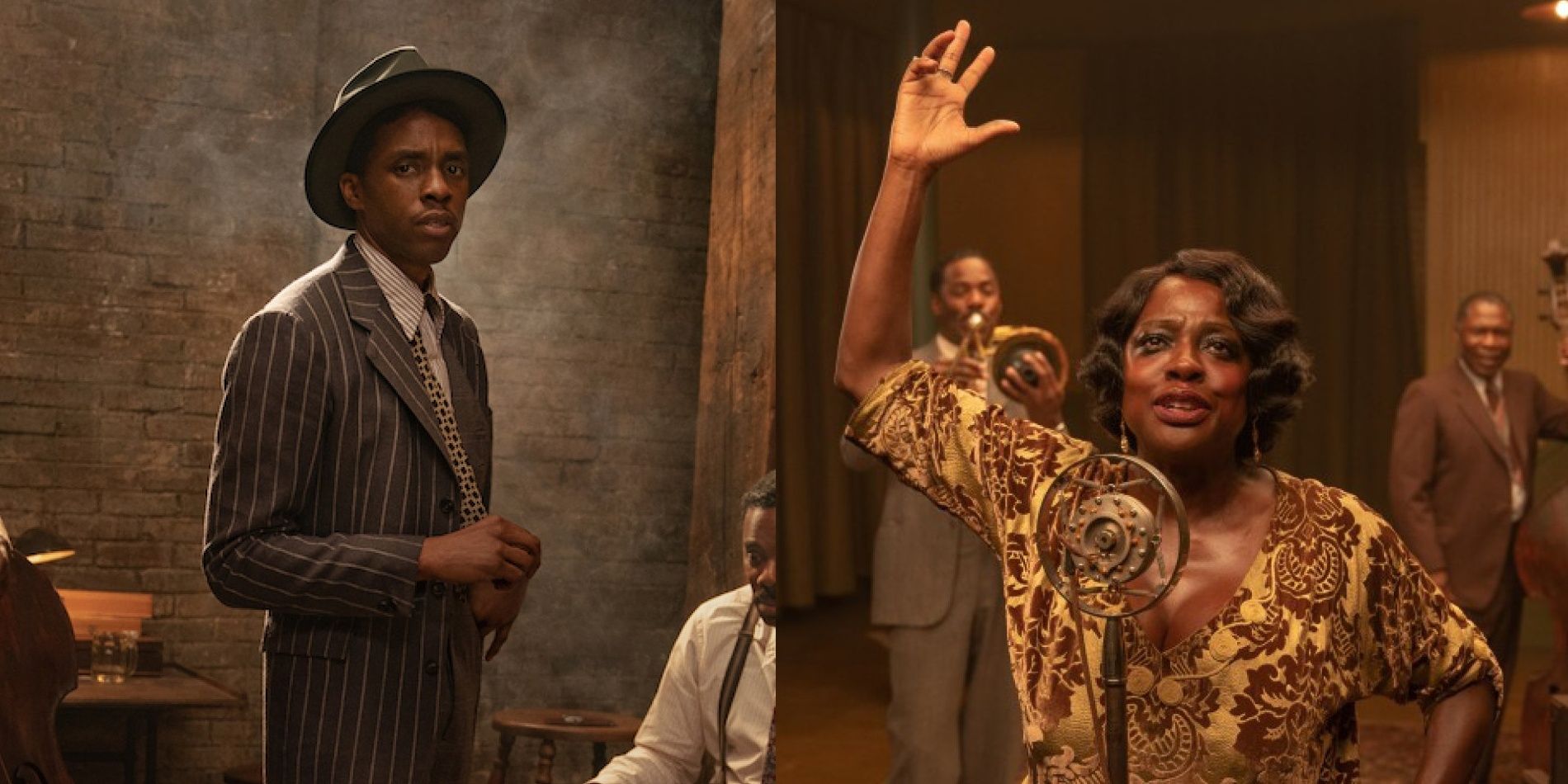
The late Chadwick Boseman is garnering awards attention for his powerful performance in Ma Rainey's Black Bottom, released on Netflix in December of 2020. Based on the play by August Wilson, it takes place in 1927 when African American blues singer Ma Rainey and her horn player clash with their white managers during a tumultuous recording session.
August Wilson often wrote unflinchingly about racial tensions, in a way that for a long time was thought too uncomfortable for mainstream audiences. The times have changed for the better, and so now his work is finally getting its due.
9 Fences
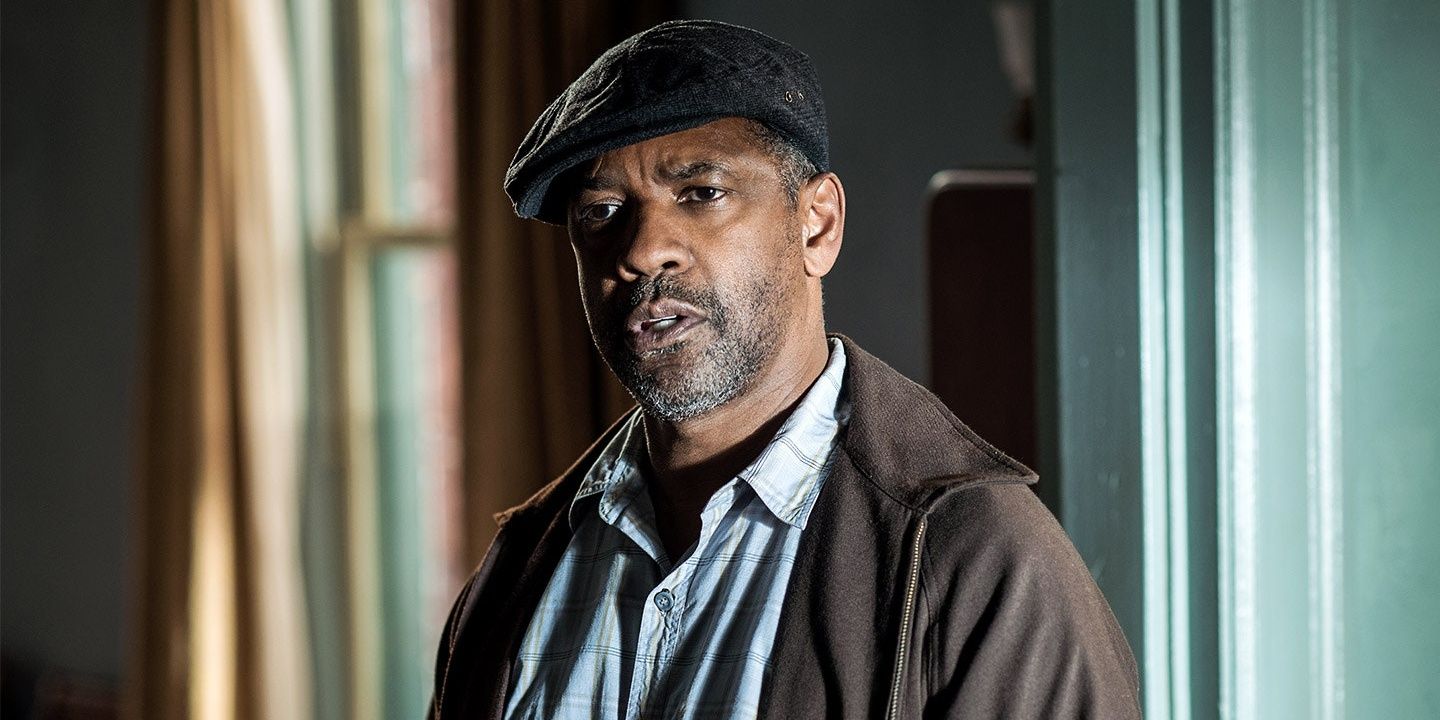
August Wilson's crowning achievement as a playwright is the Pulitzer Prize-winning Fences, which got its big-screen adaptation in 2016 under the direction of Denzel Washington, who stars in the film as well. The stage version starred James Earl Jones, who won a Tony Award for his performance in the 1987 Broadway production.
Fences is a family story about the struggles of Pittsburgh's Black working class in the pre-Civil Rights era. It's an incredibly powerful play brought to life by a fantastic ensemble cast under Washington's direction.
8 A Bronx Tale
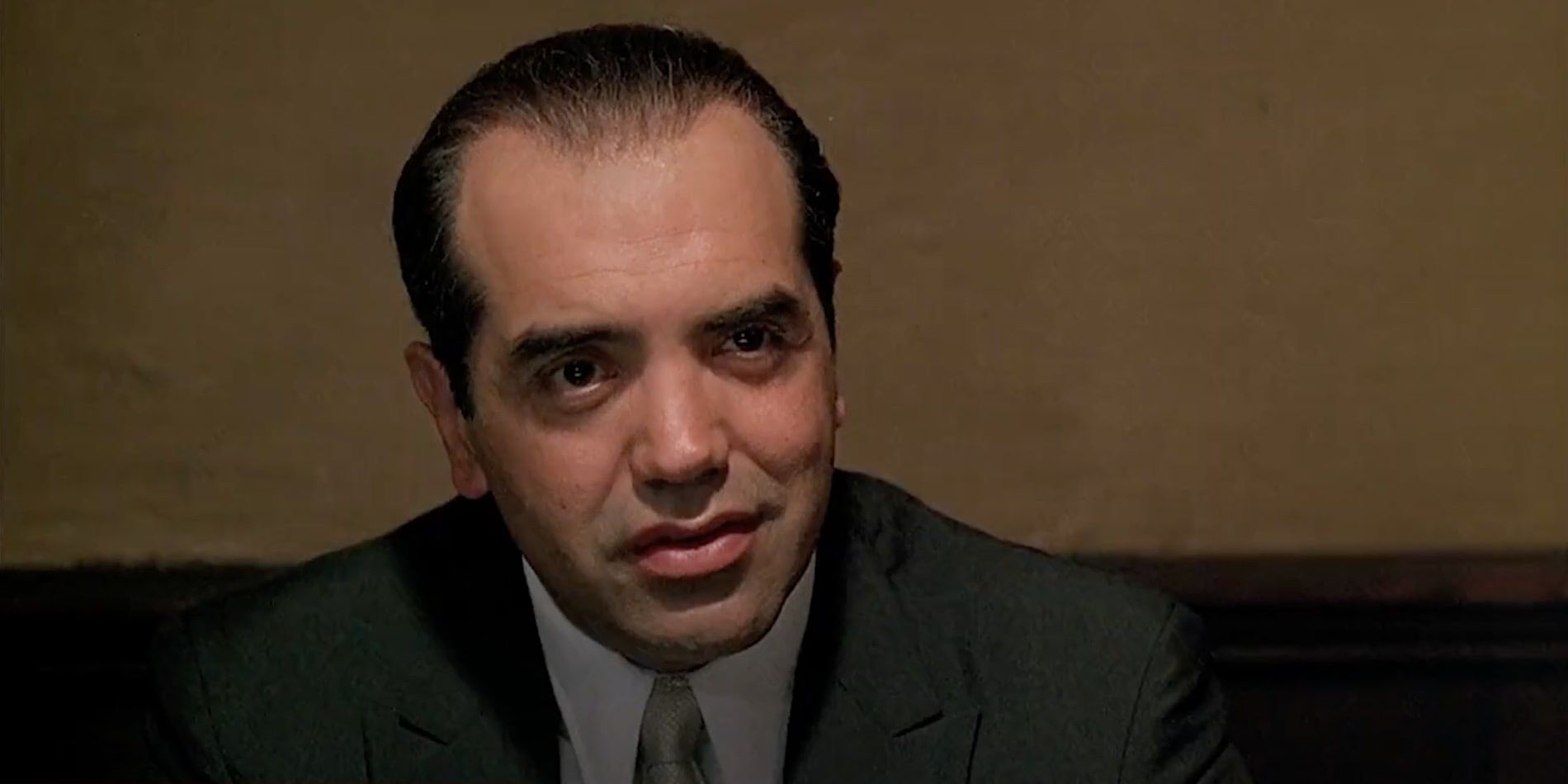
The 1993 film A Bronx Tale inspired a Broadway music adaptation decades later, but the film itself is actually based on an autobiographical one-man play by Chazz Palminteri. The play opened in Los Angeles in 1989, and just four years later, it was adapted for the screen.
It's the story of an Italian-American boy in the Bronx who finds himself torn between the influence of his honest, hardworking father, and the local organized crime underworld. The movie stars Palminteri and Robert De Niro, who directed the film as well.
7 Wait Until Dark
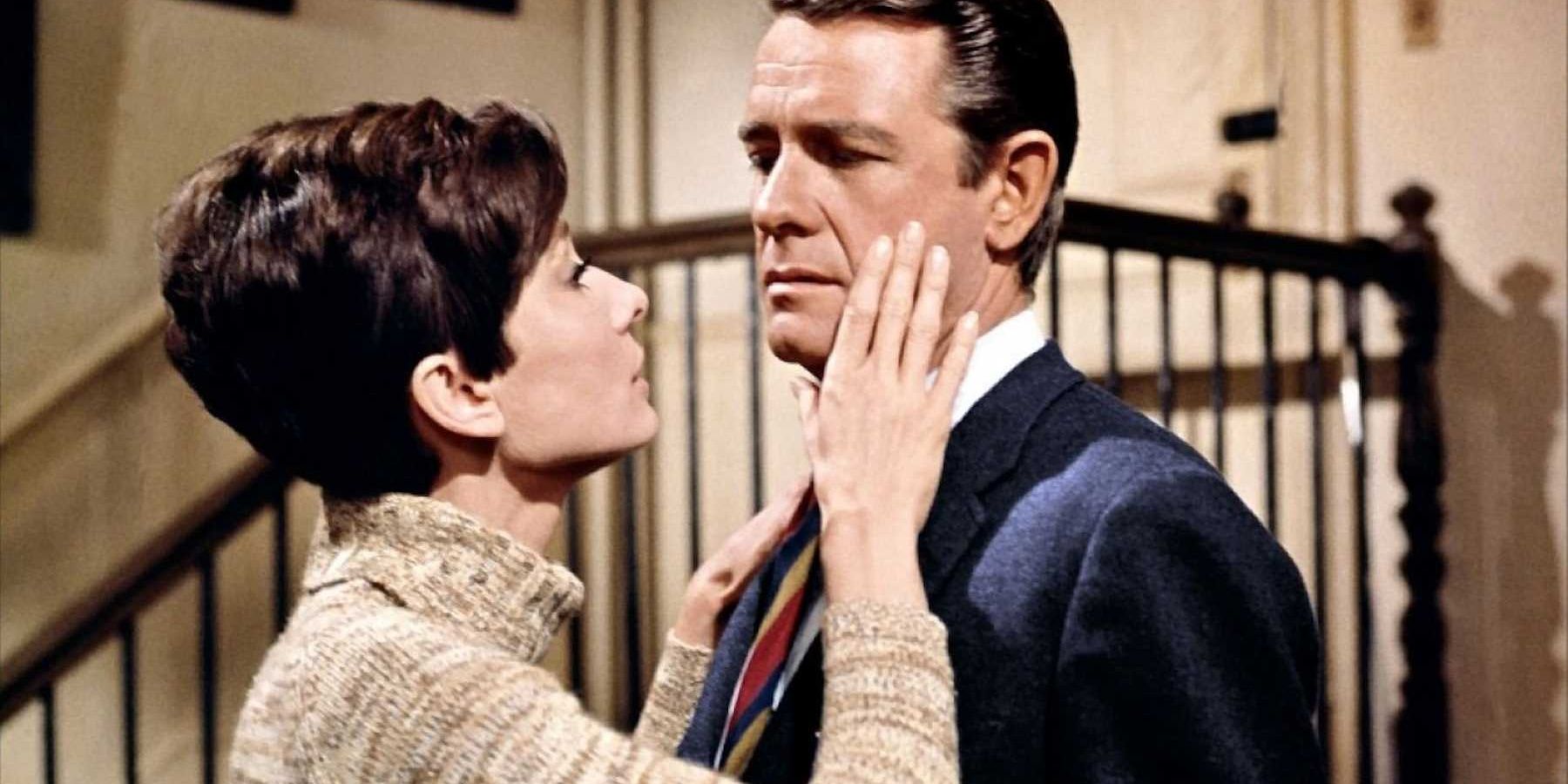
Wait Until Dark is the 1967 thriller based on the play of the same name by Frederic Knott. It stars Audrey Hepburn as a young blind woman whose New York City home is invaded by violent criminals searching for drugs. It's a very clever concept, especially considering it was originally conceived for the stage.
The film earned rave reviews and is considered a minor classic to this day. In 1998, Quentin Tarantino and Marisa Tomei starred in a Broadway revival of the original play, which was largely panned by theatre critics.
6 Killer Joe
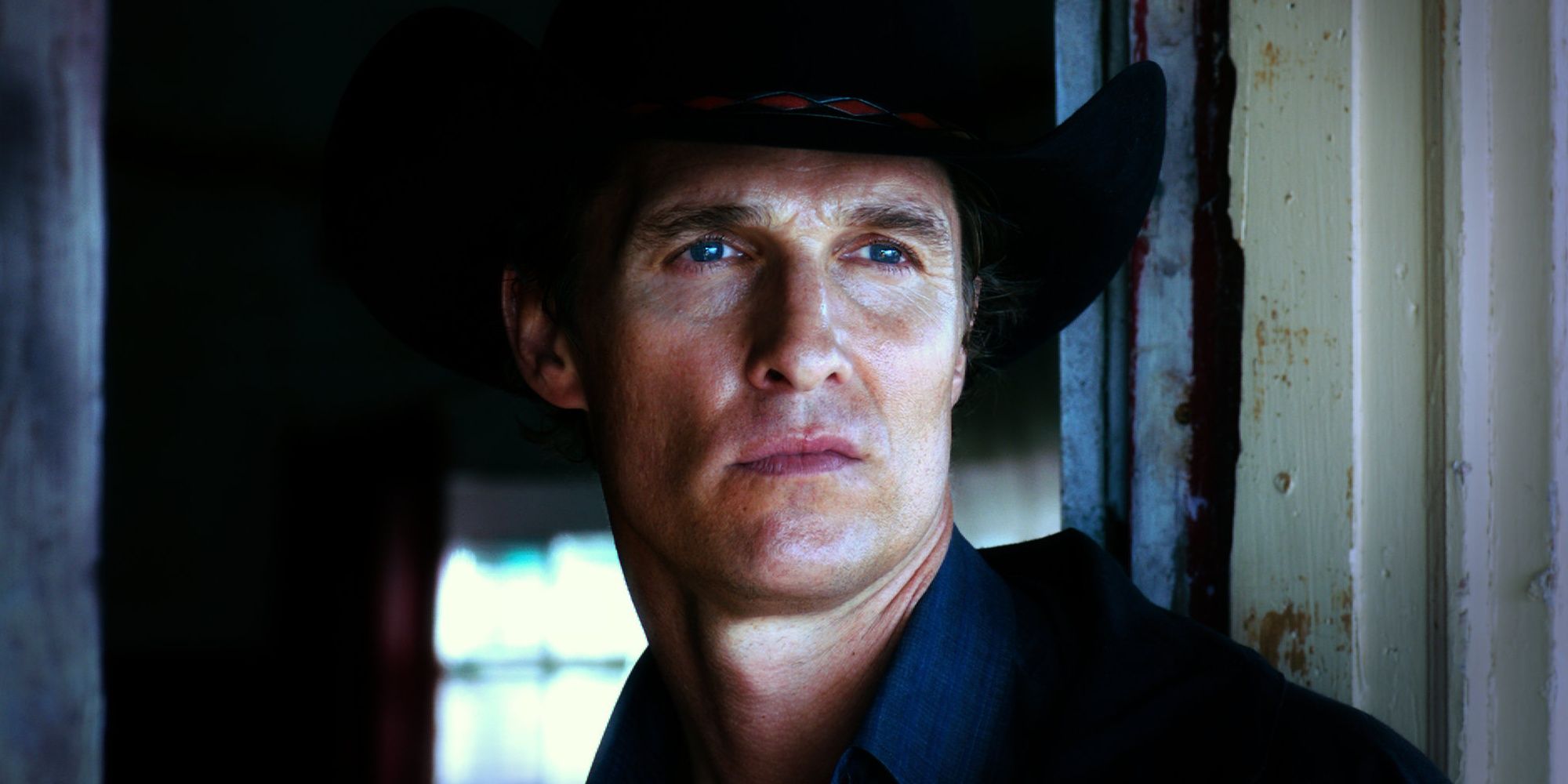
Playwright Tracey Letts' most famous work is August: Osage County, whose film adaptation received mixed reviews. The movie version of his earlier play, Killer Joe, however, made an impression with critics and audiences alike, despite not getting a wide theatrical release due to its NC-17 rating.
William Friedkin directs and Matthew McConaughey stars in the title role of a police officer who runs his own hitman business on the side. The final scene is as bizarre and depraved as cinema gets, hence the NC-17, but for more adventurous viewers, it's worth the watch.
5 Amadeus
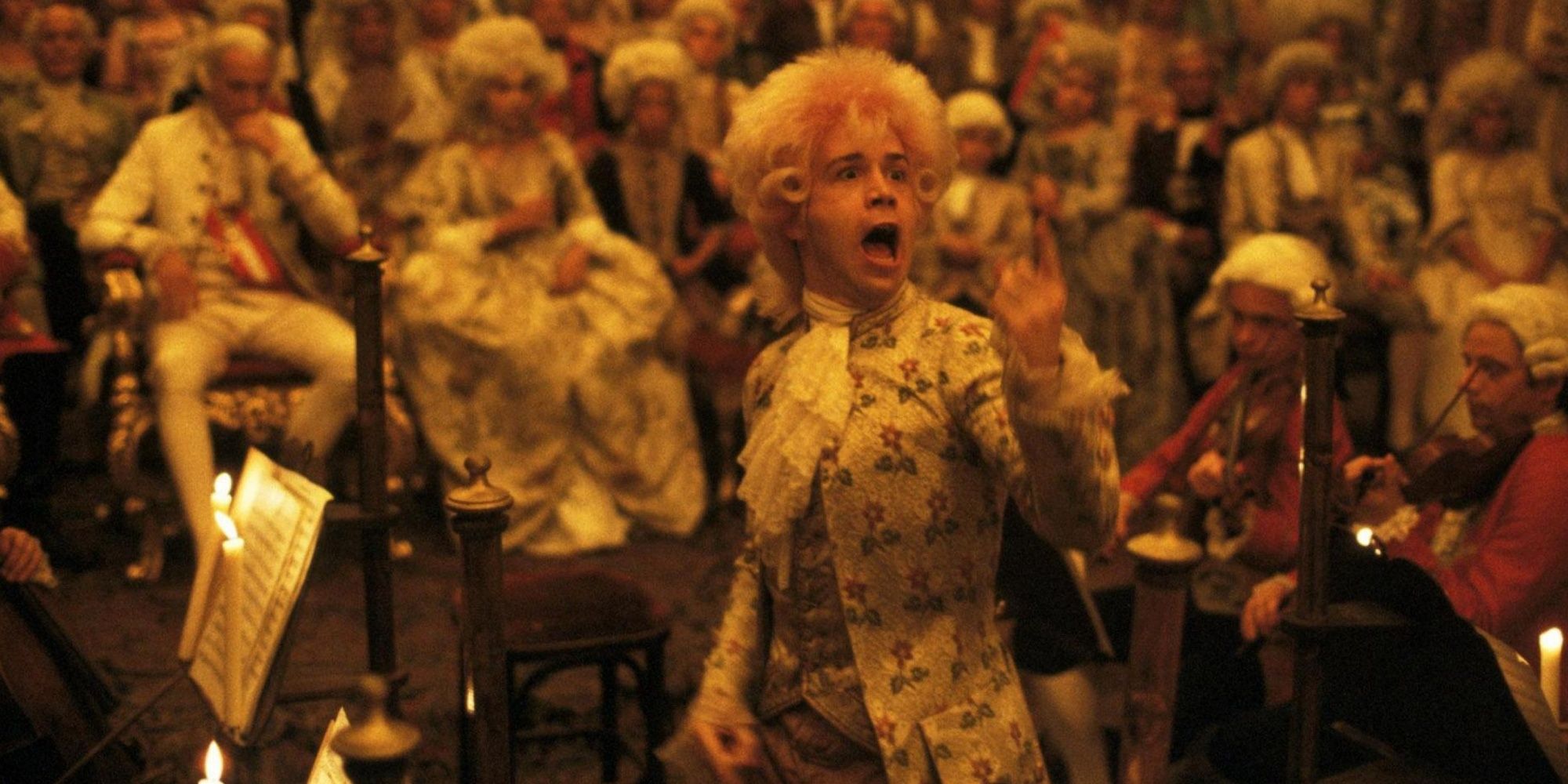
Rumor has it that composer Wolfgang Amadeus Mozart was poisoned to death by his jealous rival, Antonio Salieri. Peter Schaffer's 1979 play Amadeus runs with this concept to great effect. The 1984 film adaptation is considered one of the greatest movies ever made, winning eight Academy Awards, including Best Picture, and Best Adapted Screenplay, which Schaffer wrote based on his own play.
The movie's musical sequences are beautiful, but it's the quieter, more intimate dialogue scenes between the two rivals that make Amadeus truly special.
4 Moonlight
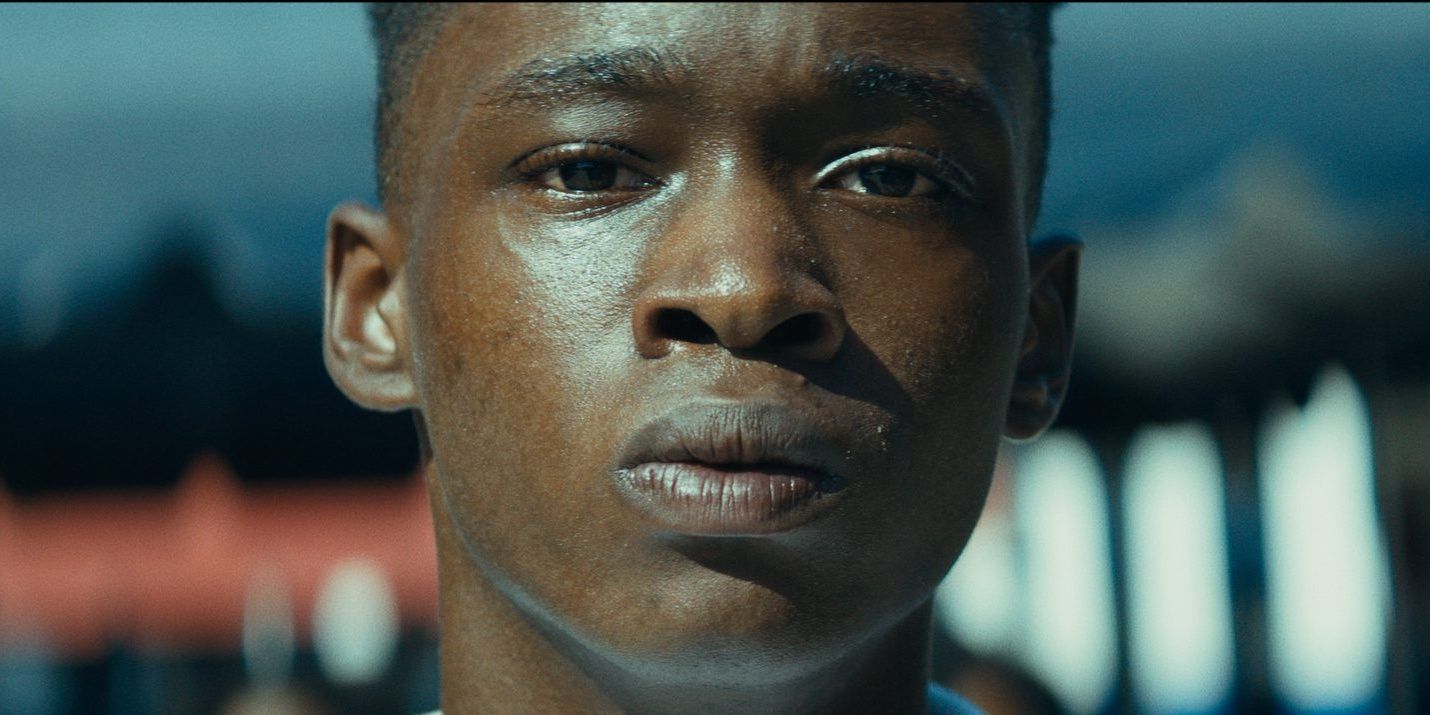
Screenwriter Tarell Alvin McCraney wrote a play called In Moonlight Black Boys Look Blue as a drama school project. Nothing ever came of it, until director Barry Jenkins discovered it years later and expressed interest in adapting it for the screen. The result: a Best Adapted Screenplay Oscar for McCraney, and a Best Picture win for Moonlight, the film version of the play.
Moonlight is the autobiographical coming-of-age story based on McCraney's own childhood and is one of the most moving films to come out in the past decade. It all started with a drama school assignment.
3 Doubt
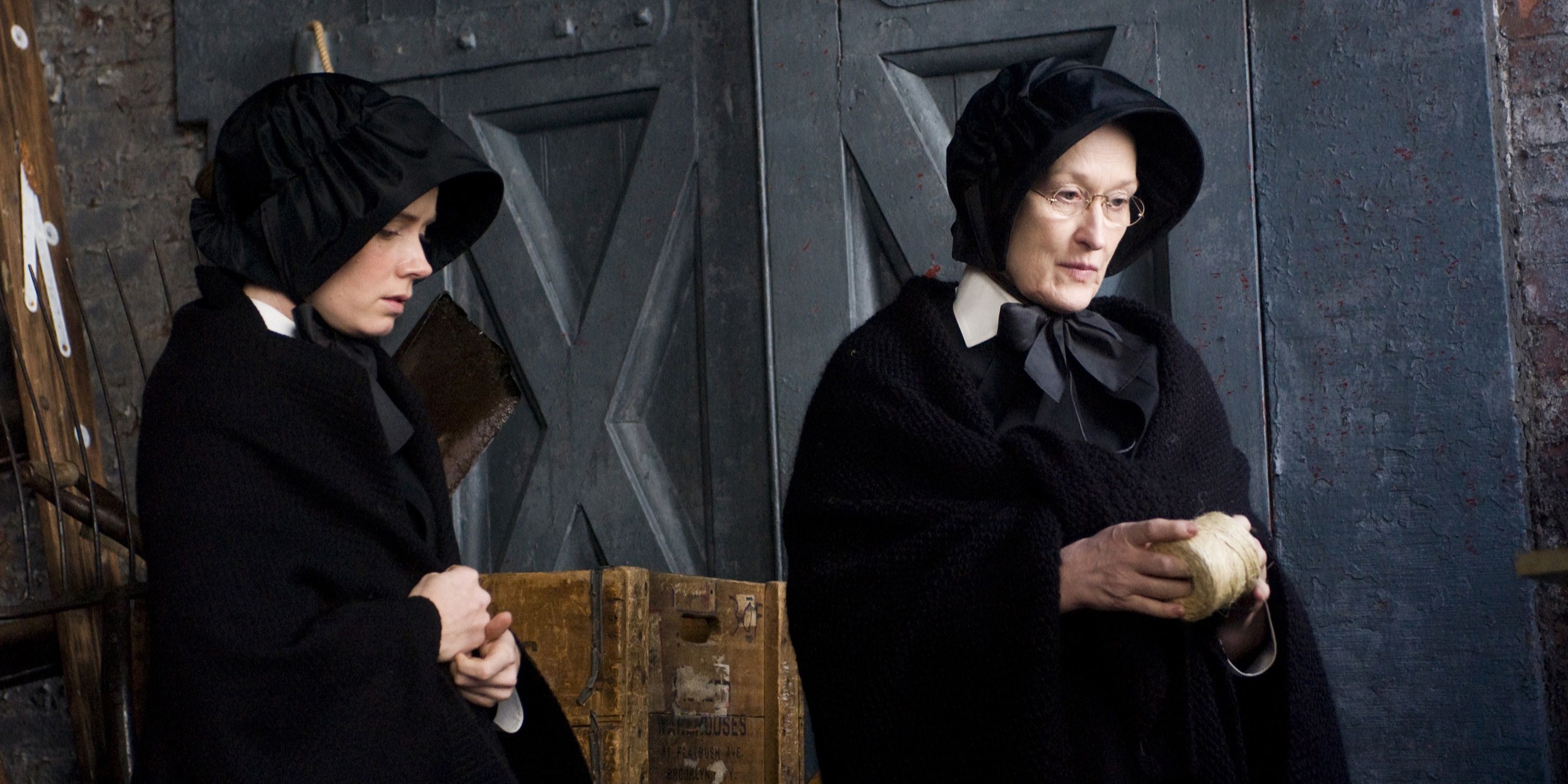
Writer John Patrick Shanley has worked extensively in both Hollywood and the theatre world. He's most famous for his Oscar-winning Moonstruck script but is a highly accomplished playwright as well. His brilliant parable, Doubt, won the 2005 Pulitzer Prize for Drama and was adapted to the screen in 2008 under Shanley's own direction.
A fantastic ensemble cast led by Meryl Streep, and a mysterious drama surrounding a potential pedophilia scandal at a Catholic elementary school, make for an extremely effective filmed version of a pitch-perfect play.
2 Glengarry Glen Ross
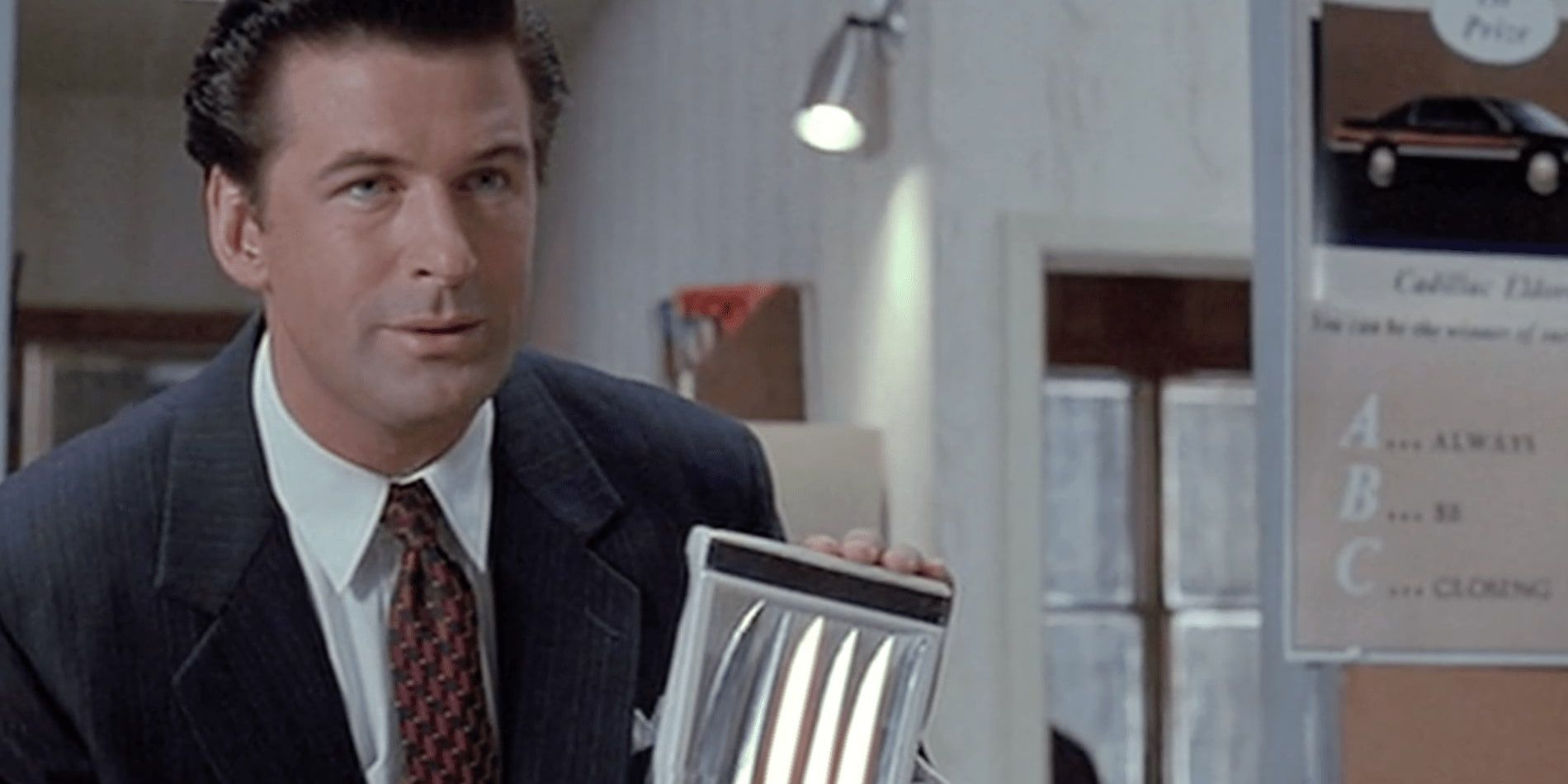
David Mamet's 1984 Pulitzer Prize winner Glengarry Glen Ross got its cinematic treatment eight years later in 1992. It's a devious drama-comedy about the cutthroat world of low-lever real estate hustlers, brought to life by a fantastic ensemble cast including Jack Lemmon, Al Pacino, and Ed Harris.
It's Alec Baldwin, though, who steals the film, when he appears for one extended monologue scene as Blake, the hotshot sent in by upper management to whip his underlings into shape. The character and the scene were written specifically for the film version and did not appear in the stage play.
1 Rabbit Hole
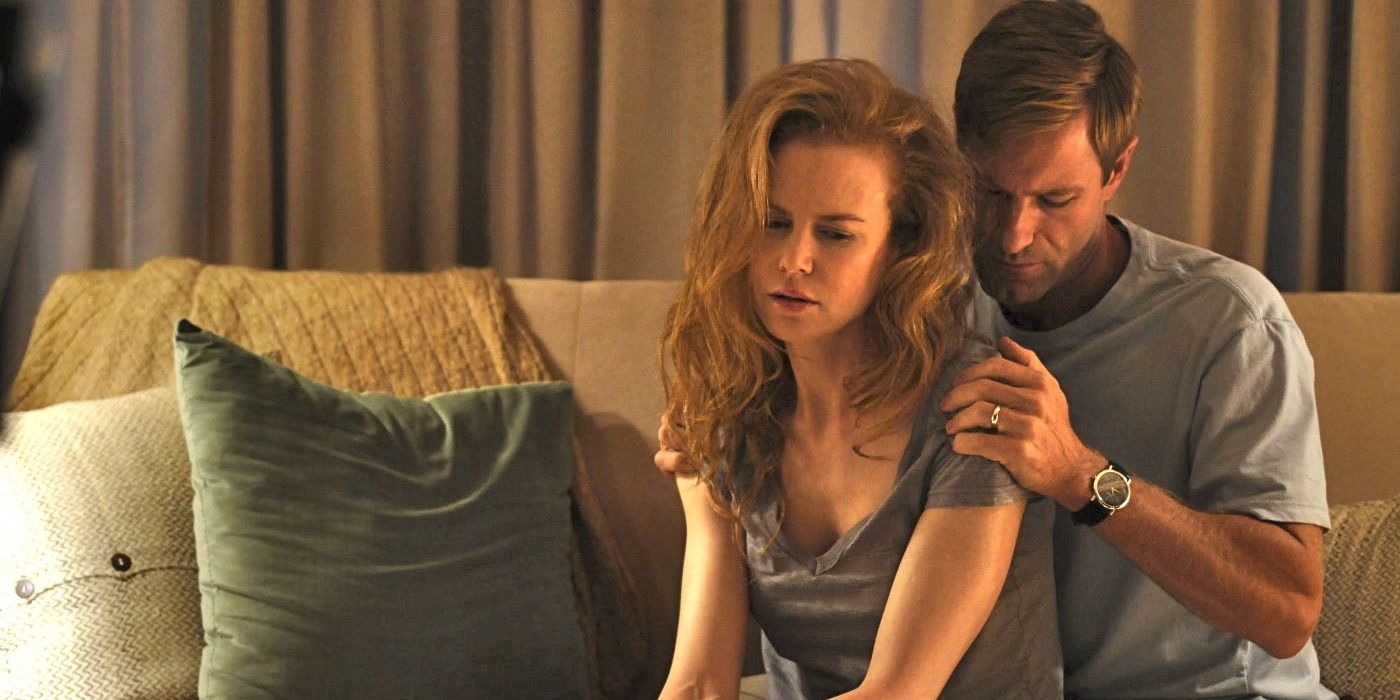
Playwright David Lindsay-Abaire's Pulitzer Prize-winning tragicomedy Rabbit Hole was adapted for the screen in 2010 by director John Cameron Mitchell. Nicole Kidman and Aaron Eckhart star as a married couple whose lives are devastated after their child dies in a tragic accident. Their roles were played by Cynthia Nixon and John Slattery in the Broadway production four years earlier.
The subject matter is horribly sad, but the script contains a surprising amount of humor, making Rabbit Hole a rewarding and emotionally rich viewing experience.
https://ift.tt/3oprHSX
January 08, 2021 at 04:30AM




